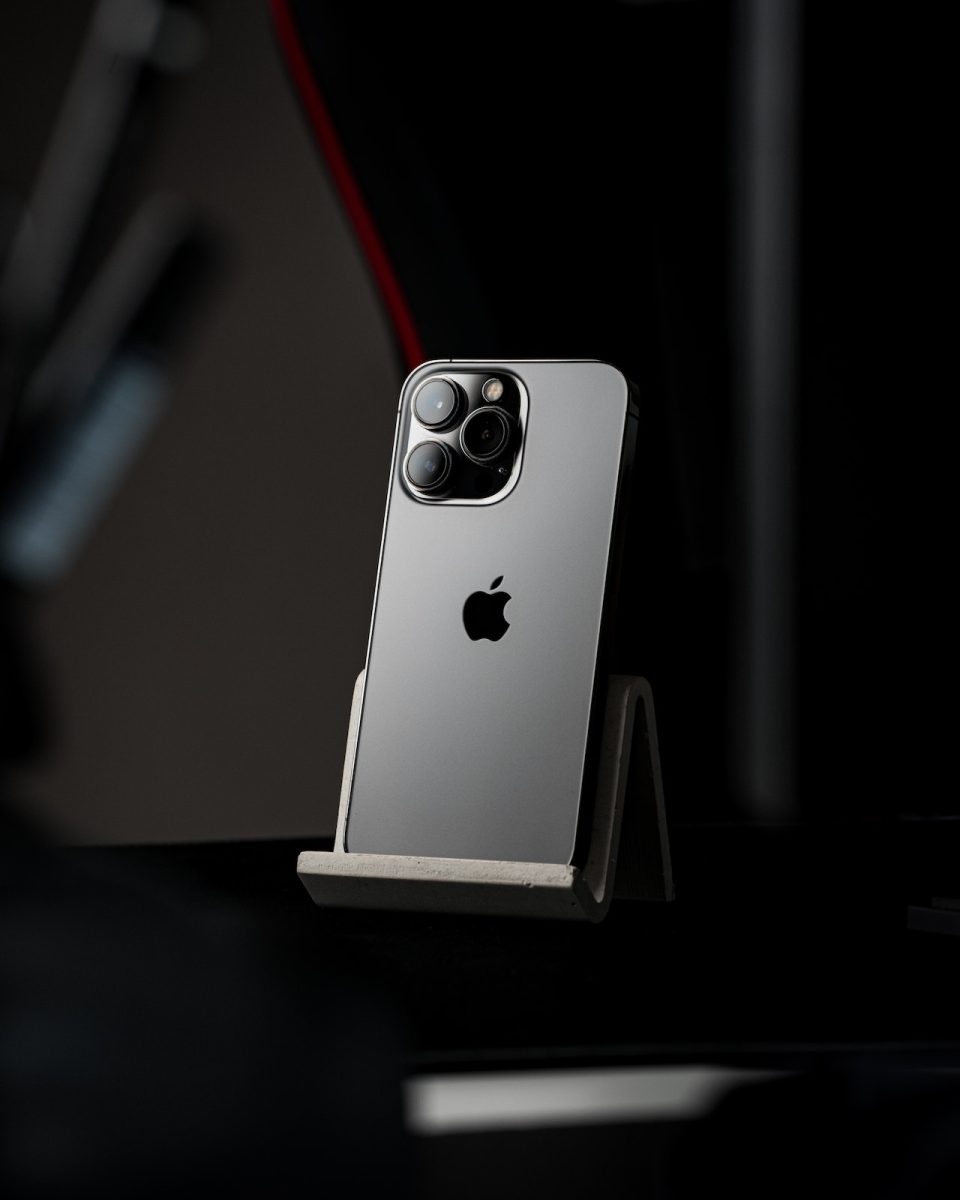The Chinese government is set to expand its restrictions on the use of iPhone within sensitive departments to encompass government-backed agencies and state-owned enterprises, signaling mounting difficulties for tech giant Apple in its largest overseas market and primary global production hub, China.
Insiders familiar with the matter have confirmed that various agencies have already begun instructing their personnel to refrain from bringing iPhones to their workplaces, corroborating an earlier report by the Wall Street Journal. Additionally, sources indicate that Beijing intends to extend this restriction to a wide array of state-owned enterprises and other government-controlled entities, although they requested anonymity due to the sensitivity of the subject.
If Beijing proceeds with this unprecedented measure, it will mark the culmination of a multi-year endeavor aimed at purging foreign technology from sensitive environments. This aligns with Beijing’s broader initiative to reduce reliance on American software and circuitry. These restrictions pose a substantial threat to Apple in a market responsible for approximately one-fifth of its revenue and where the majority of the world’s iPhones are manufactured in sprawling factories employing millions of Chinese workers.
The exact number of companies and agencies poised to adopt restrictions on personal devices remains uncertain, and as of now, no formal or written directive has been issued, as per insiders. State-owned enterprises and organizations are anticipated to exercise varying levels of stringency in enforcing such bans, with some merely prohibiting Apple devices within the workplace, while others may bar employees from using them entirely.
Major Chinese state-owned corporations, such as the oil giant PetroChina Co., oversee extensive portions of the centrally planned economy. Given Apple’s longstanding relationship with Beijing and its economic significance, it has traditionally been perceived as relatively secure from government restrictions in China, observed Brandon Nispel, an analyst at KeyBanc Capital Markets.
Representatives from Apple, headquartered in Cupertino, California, did not respond to requests for comment. Similarly, there was no response to faxed requests for comment from the State-Owned Assets Supervision and Administration Commission and the State Council Information Office.
Shares experienced a 2.8% decline in premarket trading on Thursday, following a 3.6% dip on Wednesday in New York — the most substantial single-day drop since August 4. European chip manufacturers, including Apple supplier STMicroelectronics NV, also recorded declines on Thursday.
Despite growing tensions surrounding American efforts to contain China’s technology sector, Apple remains highly popular in the country. iPhones continue to be among the best-selling devices, prevalent in both governmental and private sectors.
However, this restrictions on iPhone use in sensitive Chinese agencies use coincides with heightened endeavors to develop domestic technology capable of matching or surpassing American innovation. Recently, the release of a Huawei Technologies Co. smartphone featuring an advanced domestically-produced processor garnered attention on both sides of the Pacific. State media hailed it as an early triumph against stringent U.S. sanctions, while a U.S. lawmaker called for an investigation into potential violations of these restrictions.
As part of the ongoing efforts to reduce dependence on U.S. technology, particularly in sensitive Chinese agencies, foreign devices have been discouraged for years. This policy is underscored by the recent extension of restrictions on iPhone use within Chinese government offices, marking a significant move in this direction.
In 2022, Beijing mandated central government agencies and state-backed corporations to replace foreign-branded personal computers with domestic alternatives within two years, marking one of the most aggressive endeavors to eliminate critical overseas technology from its most sensitive organs.
Simultaneously, the Biden administration has sought to curtail exports of cutting-edge semiconductor equipment to China. Furthermore, China’s leading chip manufacturer, Semiconductor Manufacturing International Corp., has come under scrutiny for supplying components to Huawei — a company blacklisted by the U.S.
Despite the fraying of U.S.-China ties, Apple remains heavily reliant on China — both as a manufacturing partner and as a significant market for its products. CEO Tim Cook emphasized this vital relationship during a visit to China earlier this year, describing it as “symbiotic.”
China also stood out in Apple’s results for the last quarter, helping counterbalance an otherwise sluggish period. The company is gearing up to unveil its latest iPhones next week, setting the stage for a holiday quarter that traditionally constitutes its peak sales period of the year.
Source: Bloomberg

